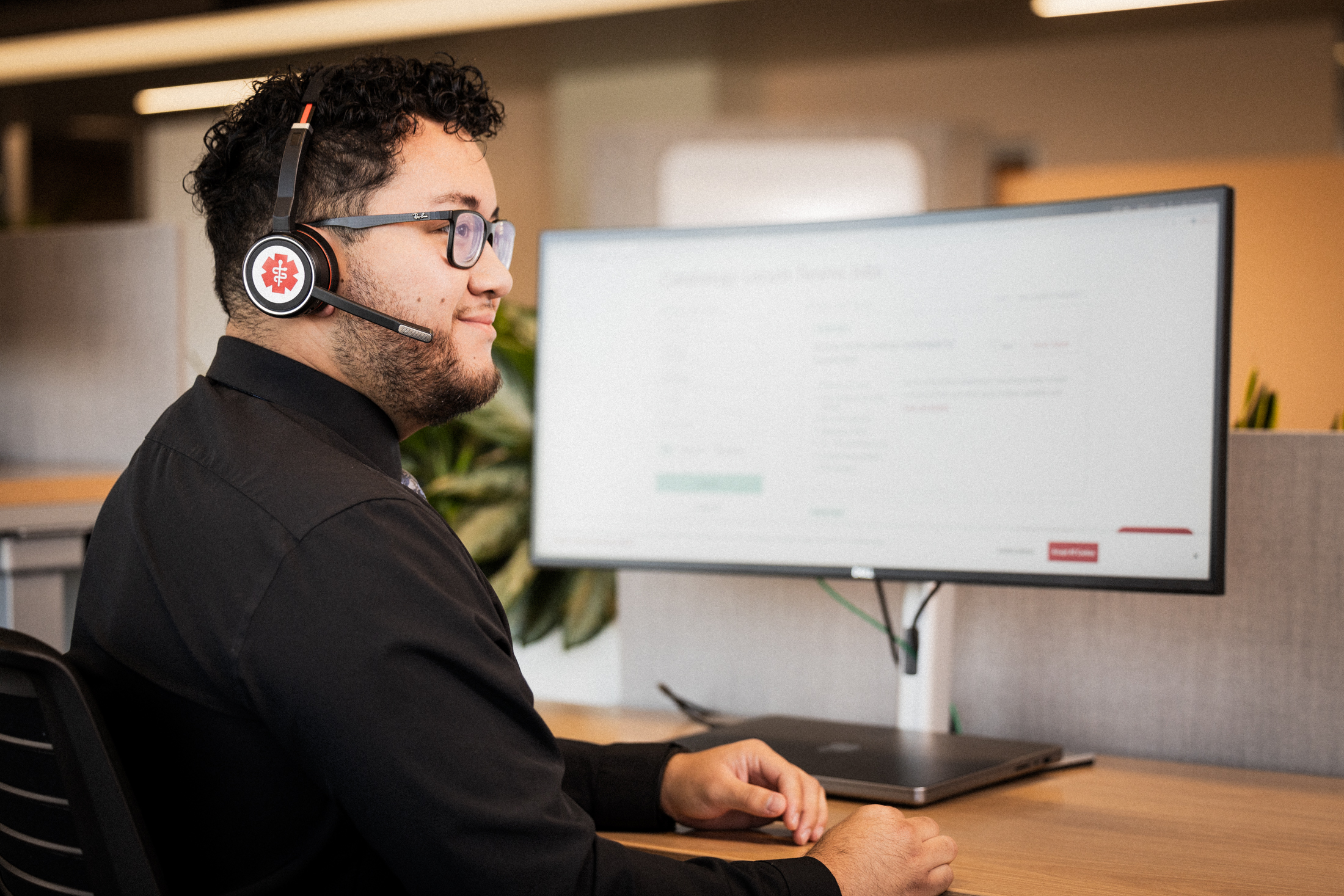Category - Healthcare Staffing Resources
September 3rd, 2025
September 3rd, 2025

August 5th, 2025
August 5th, 2025

July 22nd, 2025
July 22nd, 2025

March 4th, 2025
March 4th, 2025

January 21st, 2025
January 21st, 2025

November 1st, 2024
November 1st, 2024

September 16th, 2024
September 16th, 2024

February 5th, 2024
February 5th, 2024

October 30th, 2023
October 30th, 2023

May 30th, 2023
May 30th, 2023

